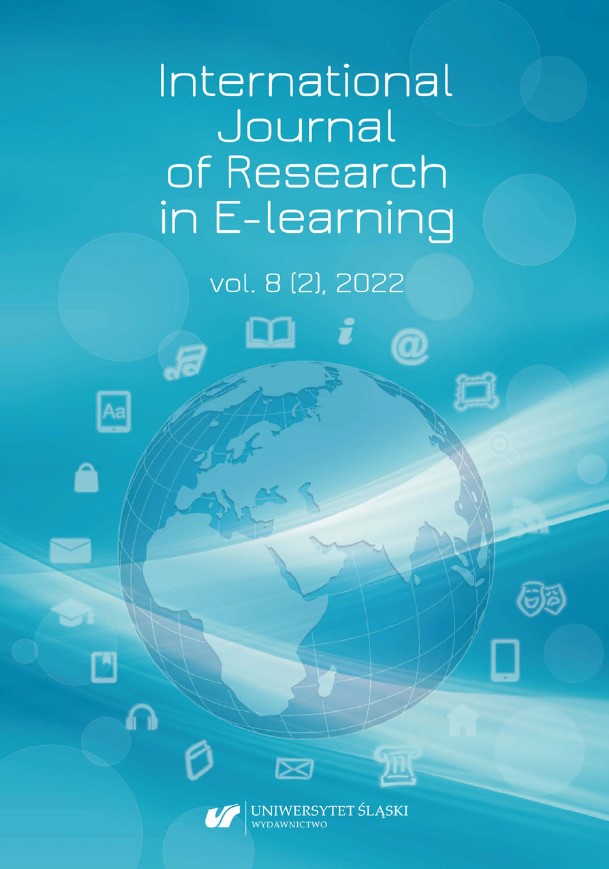Students’ Burnout in the E-School Environment: Pilot Study Results of the Validation of the E-learning Burnout Scale
Students’ Burnout in the E-School Environment: Pilot Study Results of the Validation of the E-learning Burnout Scale
Author(s): Katarzyna Tomaszek, Agnieszka Muchacka-CymermanSubject(s): Education, Psychology, School education, Educational Psychology, ICT Information and Communications Technologies, Distance learning / e-learning, Pedagogy
Published by: Wydawnictwo Uniwersytetu Śląskiego
Keywords: e-learning burnout syndrome; adolescents; education; psychometric validation
Summary/Abstract: The COVID-19 pandemic caused widespread school closures and therefore forced students to study outside of the classroom at home via the Internet. However, for some students remote education was found to be challenging and stressful (Bilal et al., 2022). Past research revealed that despite the advantages of online classes, there are several threats e .g. lower academic performance, lower engagement and work avoidance goals, higher depression and anxiety (Daumiller et al., 2021; Srivastava et al., 2021), and school burnout (Salmela-Aro et al., 2022). Because previous studies regarding the student burnout syndrome have used predominantly traditional school in-personal learning, there is a great need for developing an instrument with the potential to measure online student burnout symptoms. The aim of this research was to investigate the appropriateness of using an E-learning burnout scale with an adolescent population. The E-Learning Burnout Scale (E-SBS) was designed specifically for measuring exhaustion and learning difficulties caused by school closures during the COVID-19 pandemic. E-learning burnout syndrome, which is defined as the five-dimensional construct, captures thoughts, feelings, and behaviours related to educational difficulties experienced by adolescent students during online classes. The results confirmed the E-SBS to be psychometrically sound regarding the five-factor structure, content validity, and discriminative validity. Hence, the E-SBS scale has shown potential for use in a variety of educational areas.
Journal: International Journal of Research in E-learning
- Issue Year: 8/2022
- Issue No: 2
- Page Range: 1-28
- Page Count: 28
- Language: English

